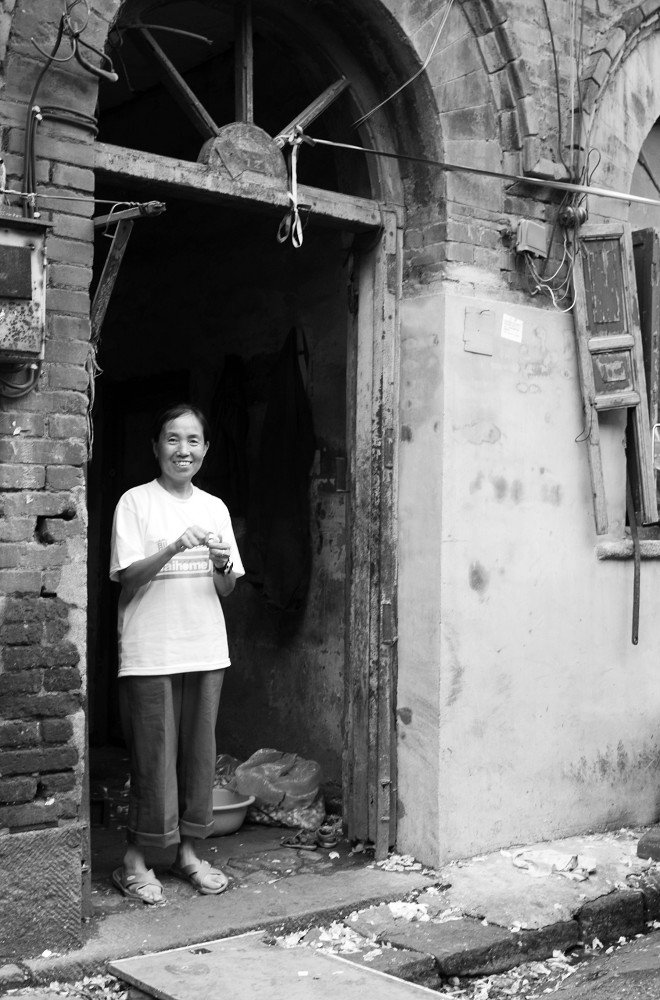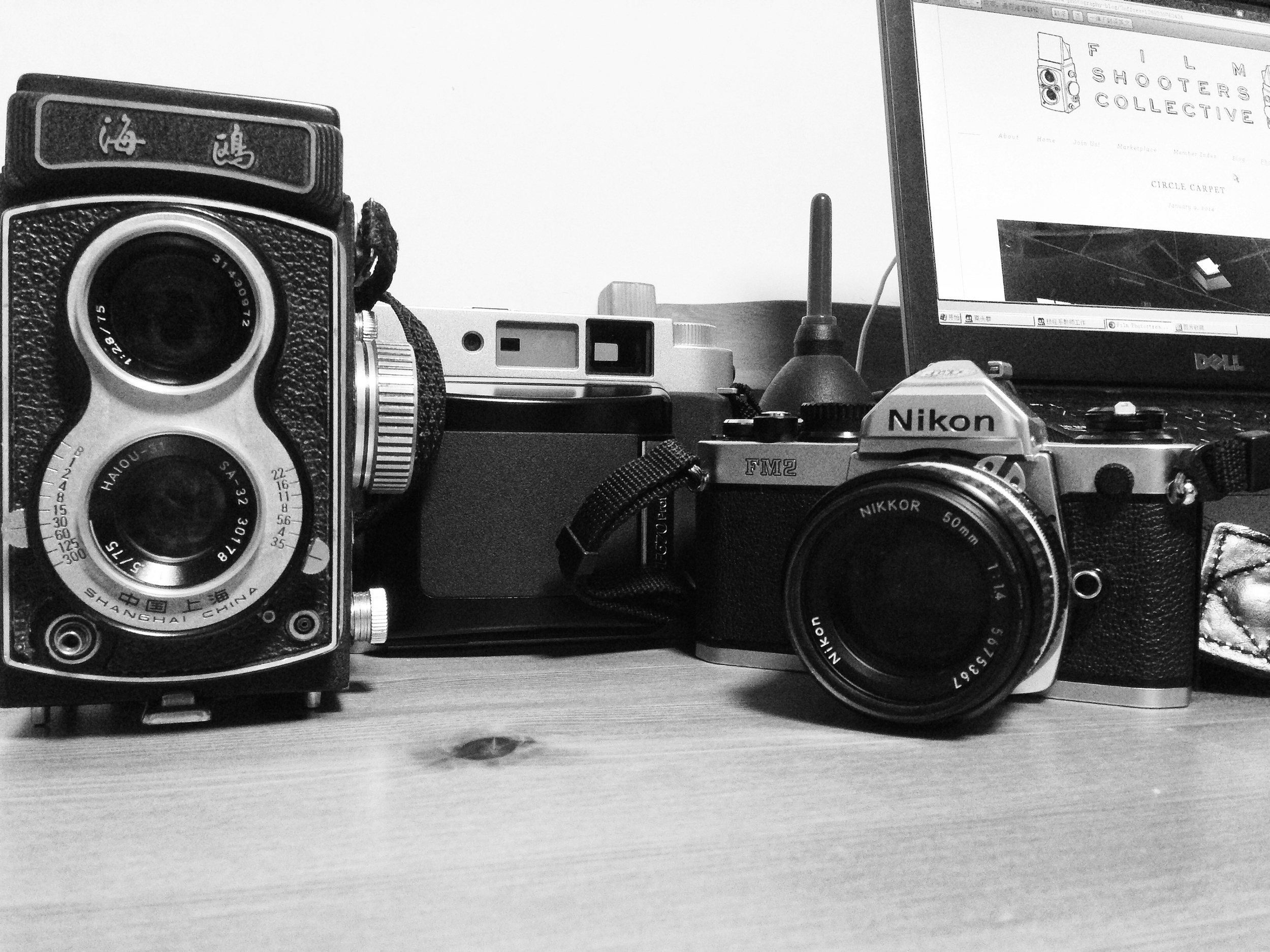1. Hello Xue Rui! Go ahead and let our readers know more about you.
Hi guys! My name is Xue Rui. In China, the given name is in the front, so my surname is Rui, which means “wisdom with foresight”. I was borned in Shenyang, an industrialized city, which is the capital of Liaoning province in the northeast of China.
When I was in university, I chose a subsidiary course about photography. I started to learn what photography is and how to use a SLR camera. It is a very simple and basic know-how photography course. On a serious note, in early 2008, I had my first DSLR, a Canon 400D. I found out that photography is really where my passion lies and my main genre is landscape.
2. I understand that you jumped onto the film band wagon from digital. Why the switch and what appeal does films have?
Being familiar with DSLR and with more pictures taken, I began to miss my time using film camera. Film gives me a lot of expectations about taking images of memories and moments. And the textures and tones of film deliver a different sense from digital. So I always said, ”Thanks digital for making a comeback for film”.
3. Based in China, you must have a lot of inspirations to shoot, from nature to rural and urban. Which genre is your absolute favorite and why?
Yeah. Definitely, I have a lot of inspirations from my motherland and exactly where I live in. As everybody knows, China has a very long history of abundant civilizations and rooted cultures, which is almost uninterrupted for 3000 years. So many things could give you inspirations, such as understanding the transition people are experiencing now, and what Chinese society looks like now.
At the start of shooting, my favorite is the landscape, such as magnificent mountains and rivers, solemn architectures, peaceful nature. The more pictures I have, the deeper the understanding of photography I have. Now I create images which people are included in my shots. The images from people’s real life reflect the world we live in, the society we live in, and the issues we are involved in. I try to shoot more pictures with people on the streets or indoor, people I am familiar or stranger with . Because they are the world and the facts. And these are the motivations that drive me to record and express what I see and think about.
4. Is it hard to do street photography in China? Do you get shouted at or pushed around? Do share the most unforgettable confrontation that you had, if any.
Yes, it is hard I think. Chinese are very concerned about their privacy. But some people are really nice and easy to access, and happy to share. I still believe that there are more nice people than self-protective and conservative people
I do get shouted at once. During a night on 12 may 2008, people in Dalian were gathering in a plaza to pray for people who were suffering from the big earthquake in Wenchuan in province of Sichuan. I saw a beautiful little girl with a serious praying look and I took a snap shot of her. But her farther reacted angrily and shouted out to me, ”Do not take shot of my daughter!” and asked me delete the picture in my Canon 400D. I felt so frustrated.
On the contrary, I also have good experiences on street photography. Once, I travelled around the street of Dongguan in Dalian, which is more of a slum. Many natives have left Dongguan, and it was dominated by immigrants from other cities. They all want to have a better life in Dalian. I then met a middle-aged woman. At that time, she was peeling garlic skins to make a living. We started a conversation about her work. And then we gradually acquainted with each other. She told me her husband was doing part time job somewhere in Dalian. They once lived in a 5 square meter room in a small town of Hegang in the province of Heilongjiang, a town famous for coal mining but gave up their comparatively stable life to make ends meet for their daughter. They are both supporting their daughter’s dream to settle in a modern and developed city, hence the move to Dalian. Even though life was hard, she is optimistic and hopeful for her daughter’s future. I took a shoot of her standing in front of the door of room she rented.
5. I see that you alternate equally between colors and black and white. If you have to choose one, which one will it be and why?
If I could choose only one, it will be black and white. B&W is pure and attractive, serious and raw, beautiful and meaningful, expressive and comprehensive. B&W images engage people through tones and texture, contrast and transition. It is amazing.
6. Which is the most unforgettable place you have shot before?
The city I live in is the most unforgettable place. For landscape and documentary shoots, the province of Yunnan, is the most attractive place I’ve been. It is beautiful with various local cultures.
7. If you have to choose only 1 camera, 1 lens and 1 film, which will it be?
Nikon FM2n with 50/f 1.4 Ai-s and Tmax 100 is good to me. And I am getting to know better my medium format cameras, GF670 and Rolleiflex T.
8. Do give some advise to people who are still on the fence on coming into film photography.
As I mentioned, film photography gives you a different experience of shooting. It requires waiting and patience always, and it gives you the unexpected, both positive and negative aspects. Film photography can also deliver a different sense of rich tones and textures, and higher dynamic range. If you were a truly passionate photographer, you would love film.


